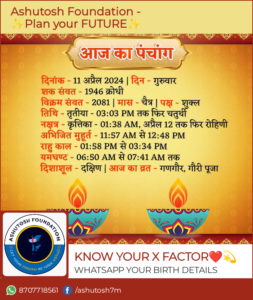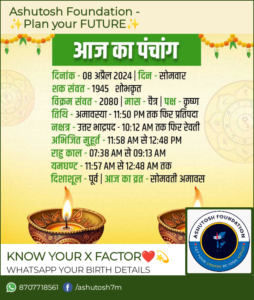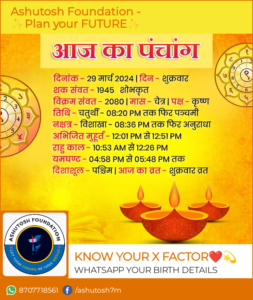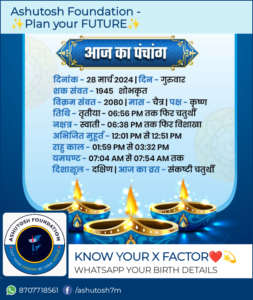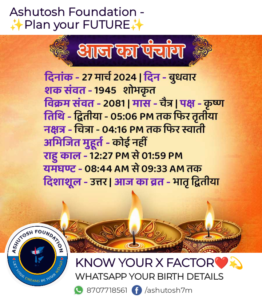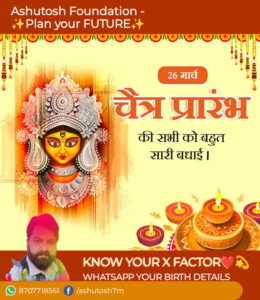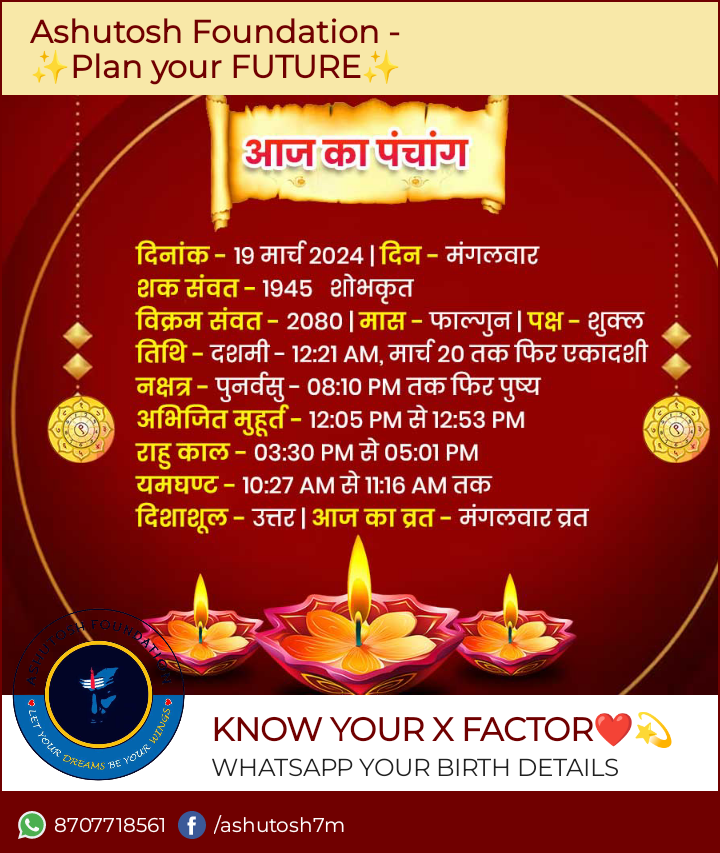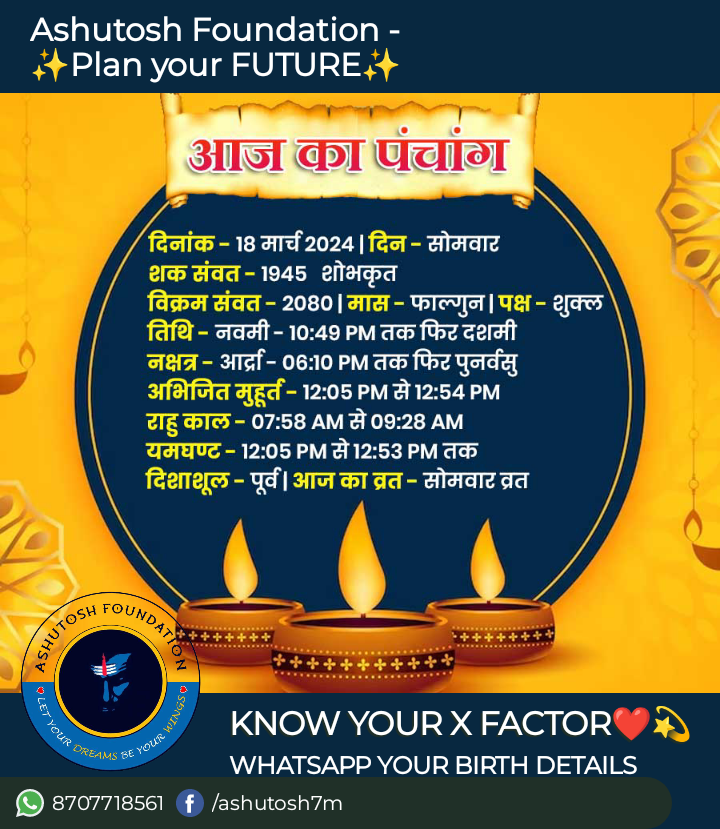Horoscope for April 13, 2024

– Aries:
– Creative peak, decipher imagination for luck and happiness
– Let mind rule heart, seek logical output
– Channel energy to unleash hidden potential
– Consider investments without being overly cautious
– Taurus:
– News of financial gain brings happiness
– Positive turn of events
– Presentable appearance, socialize for new opportunities
– Potential for change in home or family dynamics
– Gemini:
– Feeling overwhelmed by responsibilities
– Quit complaining and focus on completing tasks efficiently
– Give your best for future rewards
– Cancer:
– Heightened desire for success
– Focus on improving writing and oratorical skills
– Balance attention between personal growth and caring for others
– Leo:
– Opportunities abound, but choose wisely
– Confidently weigh options before acting
– Share with friends, open doors cautiously
– Your actions shape your destiny
– Virgo:
– Listen sympathetically to someone facing difficulties
– Offer support without criticism, vital for important relationships
– Libra:
– Limited resources may hinder idea implementation
– Opportunity for desired work by end of day
– Inclination towards hard work, freedom with responsibilities
– Scorpio:
– Volunteer to maintain harmonious environments
– Exciting experience, motivation for peace
– Avoid revealing private information, be prepared for harsh truths
– Sagittarius:
– Major advancement in money and career
– Balance material gains with family responsibilities
– Experience surge of spirituality, navigate contradictory forces
– Capricorn:
– Many friends, not all reliable
– Probe deeper before trusting
– Clearheadedness leads to complicated plans executed with perfection
– Complete unfinished business and clear backlogs
– Aquarius:
– Good opportunities await, but require significant commitment
– Consider putting opportunities on hold for important personal events
– Gentle disposition helps in harmonious friendships
– Pisces:
– Focus on social circles
– Charming persona aids in making an impact
– Assess individuals damaging your reputation
– Balance hectic schedule with self-care for health

